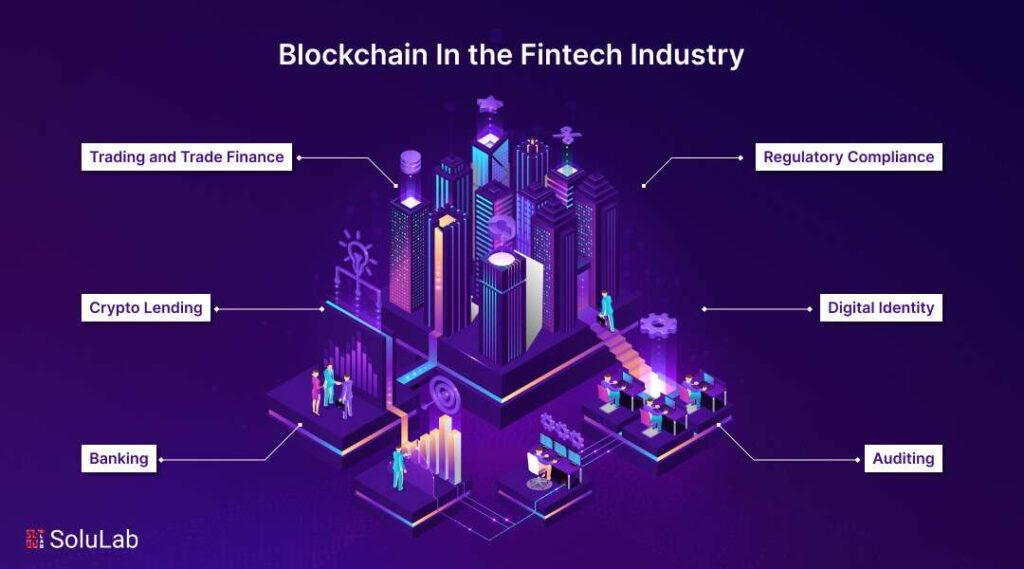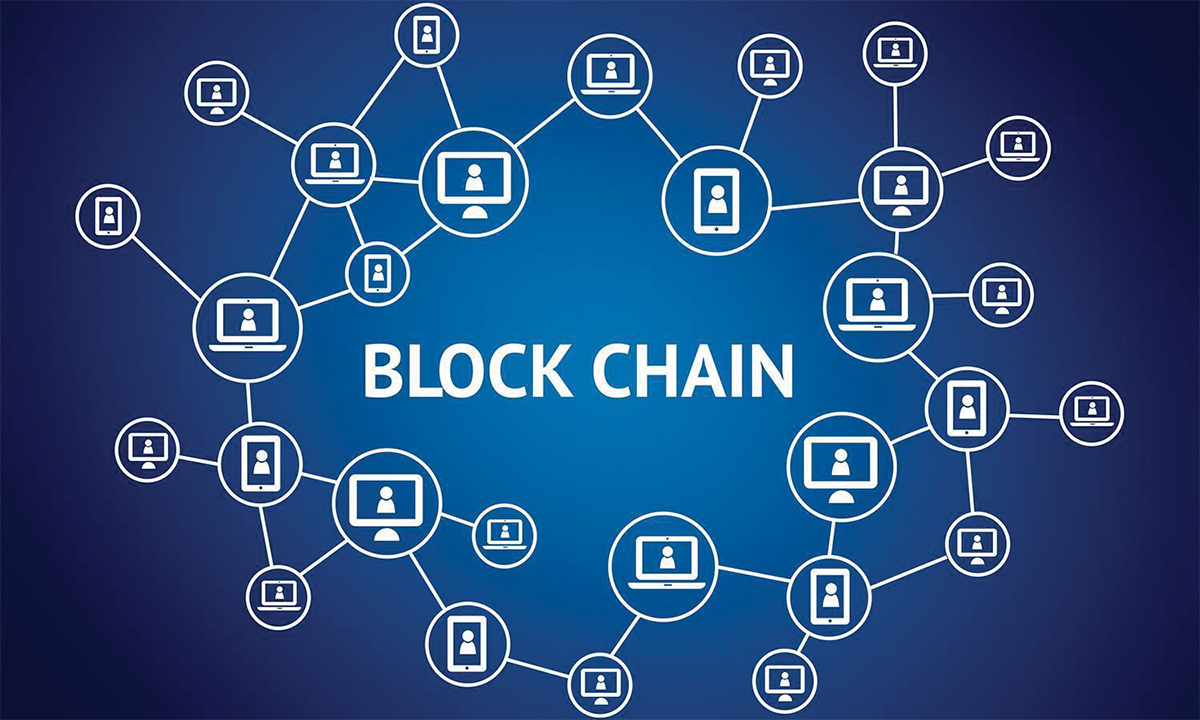In an era of sweeping digital change, Kuwait stands at the cusp of remarkable transformation. Among its most compelling catalysts is blockchain technology once known mainly for powering cryptocurrencies which is now redefining how Kuwaiti firms operate, compete, and grow. Far beyond buzzwords, blockchain promises transformative benefits: enhanced trust, efficiency, security, and inclusivity. This article explores how blockchain is influencing Kuwaiti businesses, the opportunities it presents, the challenges it must overcome, and what the future might hold.
Understanding Blockchain’s Promise for Kuwait
Blockchain is essentially a shared, immutable ledger that records transactions securely and transparently. It removes intermediaries, reduces duplication, and ensures data cannot be altered without consensus. For businesses in Kuwait across banking, real estate, supply chain, energy, and government services this technology offers a chance to leapfrog into more efficient, trustworthy, and agile operations. In human terms, blockchain brings a shift: less friction, more clarity, more control.
Strengthening Financial Services With Transparency and Speed
Kuwait’s banking sector has long been central to its economy. Blockchain is enabling banks and financial institutions to process cross-border transactions more quickly and reduce fraud. Smart contracts—self-executing agreements coded onto blockchains bring automation to loan disbursements, trade finance, and insurance claims. For customers, this means fewer delays, lower fees, and greater trust in their bank’s operations. For banks, blockchain helps reduce overhead, lower risk, and strengthen regulatory compliance.

Revamping Supply Chains for Trust and Traceability
From food imports to consumer electronics, many Saudi companies rely heavily on intricate supply chains. Kuwaiti businesses face similar complexities. Blockchain allows every step in a supply chain to be traced: from supplier to transporter, processor to retailer. This traceability ensures product authenticity, reduces counterfeit risk, enhances safety standards (especially for food, medicine, and luxury goods), and builds powerful consumer confidence. When a customer buys a product knowing its entire journey, the value of that product is magnified not just financially, but emotionally.
Empowering Real Estate with Secure Transactions
Real estate transactions in Kuwait often involve multiple parties buyers, sellers, brokers, banks, legal offices. These layers mean paperwork, delays, and sometimes opaque processes. Blockchain offers an alternative: digitized property titles, smart contracts for sales and leases, and immutable records that reduce title fraud. Imagine buying or selling a property where documents are instantly verified, ownership records are unchangeable, and trust is baked into every transaction. That’s the promise blockchain brings to real estate in Kuwait.
Enhancing Government Services: Efficiency and Citizen Trust
Citizens interact daily with government services licensing, registrations, permits, identity verification. Using blockchain, these services can become more efficient, transparent, and reliable. When records are tamper-proof and processes automated, government departments reduce bureaucratic delays, eliminate middlemen, and offer more consistent service. For the people of Kuwait, this translates to smoother interactions, stronger respect for institutions, and higher satisfaction.
Fostering Innovation in Energy and Sustainability
Kuwait, with its oil-rich legacy, is also increasingly focused on sustainable energy transitions and diversified economic growth. Blockchain can help here too by enabling peer-to-peer energy trading, tracking carbon credits, managing renewable energy certificates, and ensuring accountability in environmental reporting. For example, solar farms or wind installations could use blockchain to verify generation, distribute revenue, and assure stakeholders that environmental targets are met. This is not just good for the planet it’s good business and reputation.
Supporting Small and Medium Enterprises (SMEs) to Compete
SMEs in Kuwait are a key part of the economy but often lag behind larger incumbents when it comes to technology adoption. Blockchain offers SMEs a way to level the playing field. By using decentralized platforms, SMEs can access financing through new models like tokenization, assure quality through transparent supply chains, and participate in regional ecosystems without needing massive infrastructure. For a small shop or startup, this translates into credibility, cost savings, and access to wider markets.
Creating New Economic Models With Tokenization
Tokenization means converting assets real estate, art, company shares into digital tokens on a blockchain. This opens up investment models that were once inaccessible or heavily regulated. Kuwaiti businesses can leverage tokenization to raise capital from a broader investor base, fractionalize expensive assets, and diversify portfolios. This trend is especially powerful in real estate, fine arts, and venture capital. For investors, tokenization means lower entry barriers; for businesses, it means more flexible funding paths and innovative product offerings.
Boosting Security and Data Integrity
Data breaches and cyberattacks are global threats; Kuwaiti firms are not exempt. Blockchain’s distributed architecture helps reduce single points of failure. Records stored across many nodes are harder to maliciously alter. Identities can be verified securely. Critical data financial records, health information, contracts can be stored in a way that’s both accessible and protected. In sectors such as healthcare or finance where data integrity is vital, blockchain offers peace of mind to business owners and citizens alike.

Overcoming Challenges: Regulation, Education, and Infrastructure
While the promise is strong, implementation hurdles exist. Regulatory frameworks in Kuwait need to catch up to define legal status of smart contracts, digital identities, tokenized assets. Ensuring compliance with financial laws, anti-money laundering rules, and consumer protection is essential. Next is education: both within companies and among regulators, employees, and citizens. Misunderstandings, fears about privacy, or simply lack of technical expertise can slow adoption. Finally infrastructure matters: reliable internet, technical platforms, blockchain networks require investment. But these challenges are surmountable with vision, partnerships, and steady progress.
Humanizing Blockchain: Trust and Community Impact
Beyond business efficiency and profits, blockchain has a human face. In Kuwait, communities can benefit when blockchain is used to ensure fair value for local producers, verify charitable contributions, enable traceable social impact, and build platforms for cooperative initiatives. For example, charities could show donors exactly how and where their funds are used. Local craftspeople could prove authenticity of their work. When people feel ownership and transparency, trust flourishes, and businesses are not just stronger they are more meaningful to society.
Collaboration and Partnerships Driving Progress
No individual company can traverse this path alone. Partnerships between government agencies, universities, technology firms, and financial institutions are critical. Pilot projects, shared research, mentoring programs all help build trust, test solutions, and demonstrate what works. Kuwaiti business leaders are increasingly investing in collaboration, often teaming up with international blockchain firms or regional experts. These alliances accelerate adoption and ensure that solutions are locally relevant and sustainable.
What the Near Future Holds
In the coming years, we can expect Kuwait to accelerate blockchain adoption across multiple sectors. Banks will integrate more blockchain-based tools for trade finance and customer identity. Supply chains will grow more automated and transparent. Real estate transactions may move toward full digitization. Tokenization of assets will open new investment opportunities. Government services will become more citizen-centric, with blockchain helping reduce bureaucracy and build trust. And SMEs will gain new platforms to compete, innovate, and access global markets.
Conclusion: Embracing a Transparent, Efficient Future
Blockchain technology is no longer just an idea it’s becoming a powerful enabler for Kuwaiti businesses. It has the potential to transform operations, deepen trust, unlock new models, and empower both large institutions and everyday citizens. By embracing blockchain with careful regulation, investment in education, and strategic partnerships, Kuwait can harness this innovation not just for profit but for stronger communities, sustainable growth, and greater confidence in institutions. The future, made transparent and efficient, begins today.
Do follow Gulf Magazine on Instagram.
Also Read – Qatar’s Bold Vision: A Global Magnet for Foreign Investment



